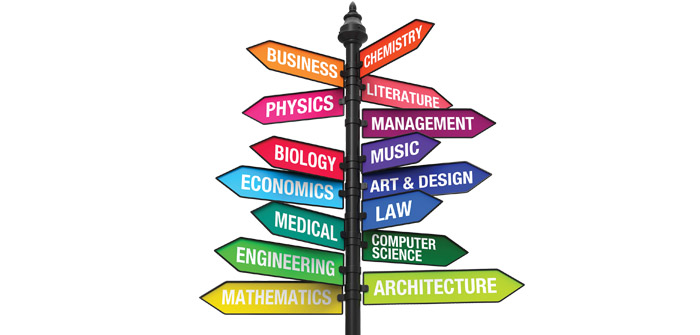Even with all of the businesses that have created websites during the past several years, statistics show that only 38 percent of small businesses have and maintain them. Of that percentage, only 28 percent actually use the web to generate actual revenue. Thus, selling your products or services on the web is still relatively wide open; there is still a lot of room for growth.
If you are like most entrepreneurs, however, simply being a pioneer is not an adequate incentive for you. What are some good reasons for choosing to sell on the Internet? Here are a few of the major ones:
• The ability to use the interactive nature of the web to your customers’ advantage. Yes, dealing with a website can seem extremely impersonal to customers. However, if your website is constructed carefully, its use can become so easy, so compelling, that some customers will actually prefer it to one-on-one personal sales. One way to do this is by personalizing your website so it appeals directly to members of your target market–as individuals. By drawing on a database of information customers have provided in the past, you can display web page content that will appeal to the individual potential customer. For example, a site selling auto parts can greet a web visitor by name, then ask whether the visitor is shopping for parts related to the make of the car last shopped for. Then, based on a yes or no reply, the site could provide the specifics for the make and model of the customer’s specific vehicle. What is your version of that approach?
• The possibility of expanding in national–even global–markets. The borderless nature of the web gives even your small, local enterprise a world-wide accessibility that was undreamed of even a few years ago. If you were to tap into larger markets in any other way, both the logistics and the cost would be prohibitive.
• The power to stay “open” 24/7. Recent studies show that more than one half of all retail sales take place after 6pm Unlike staying open longer hours in your primary location, remaining available online is almost free of charge. Greater accessibility can enhance your sale immeasurably.
• The ability to attract a whole new segment of customers. Almost without exception, entrepreneurs who have begun selling online will attract customers they would not have attracted by traditional means. In a sense, these new customers represent a new market segment.
• An enhanced ability to educate and provide knowledge to your customers. Today’s customers often want more and more information about the products and services they buy. The Web can allow you to provide more of this information-distribution than any other avenue, at a fraction of the cost. You can exhibit detailed photographs of products, diagrams and schematics, or nearly any other form of information that can be accessed either with vision or sound.
• The enhanced ability to track and tabulate sales results. With current technology, an entrepreneur can now track nearly any type of activity that might take place on a Web site. For example, you can determine the number of visitors per day, week, month or any other time period. In short, you can get very specific data on the effectiveness of the Site to your overall business.
• The ability to lower your costs of doing business. Perhaps best of all, because of its overwhelming efficiency, the Web can lower your cost-per-customer expenses dramatically. Some entire areas of the marketplace are already being permanently affected by the efficiency of the Web. The market for new and used cars is only one example.
Whatever product or service your company deals with, consider using the Web as a direct sales tool. At least give it a dry run; you will likely be surprised at the results.
Lowell H. Lamberton is Emeritus Professor of Management at Central Oregon Community College. You may call Professor Lamberton at 383-7714 or e-mail him at llamberton@cocc.edu.




